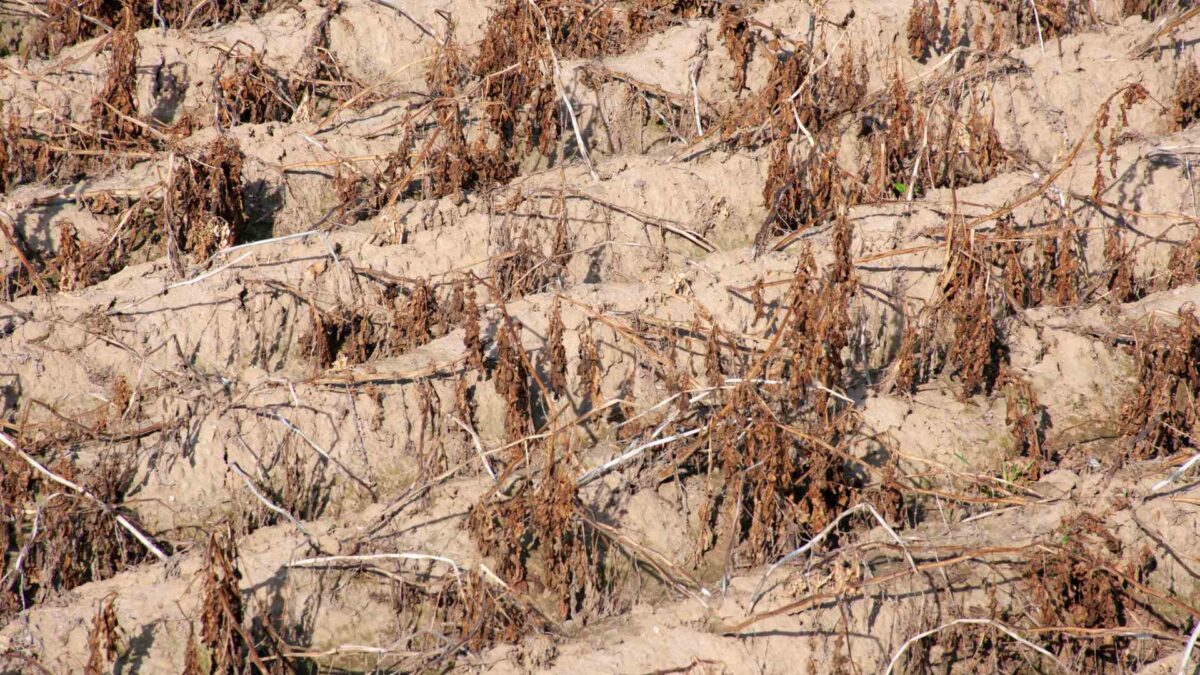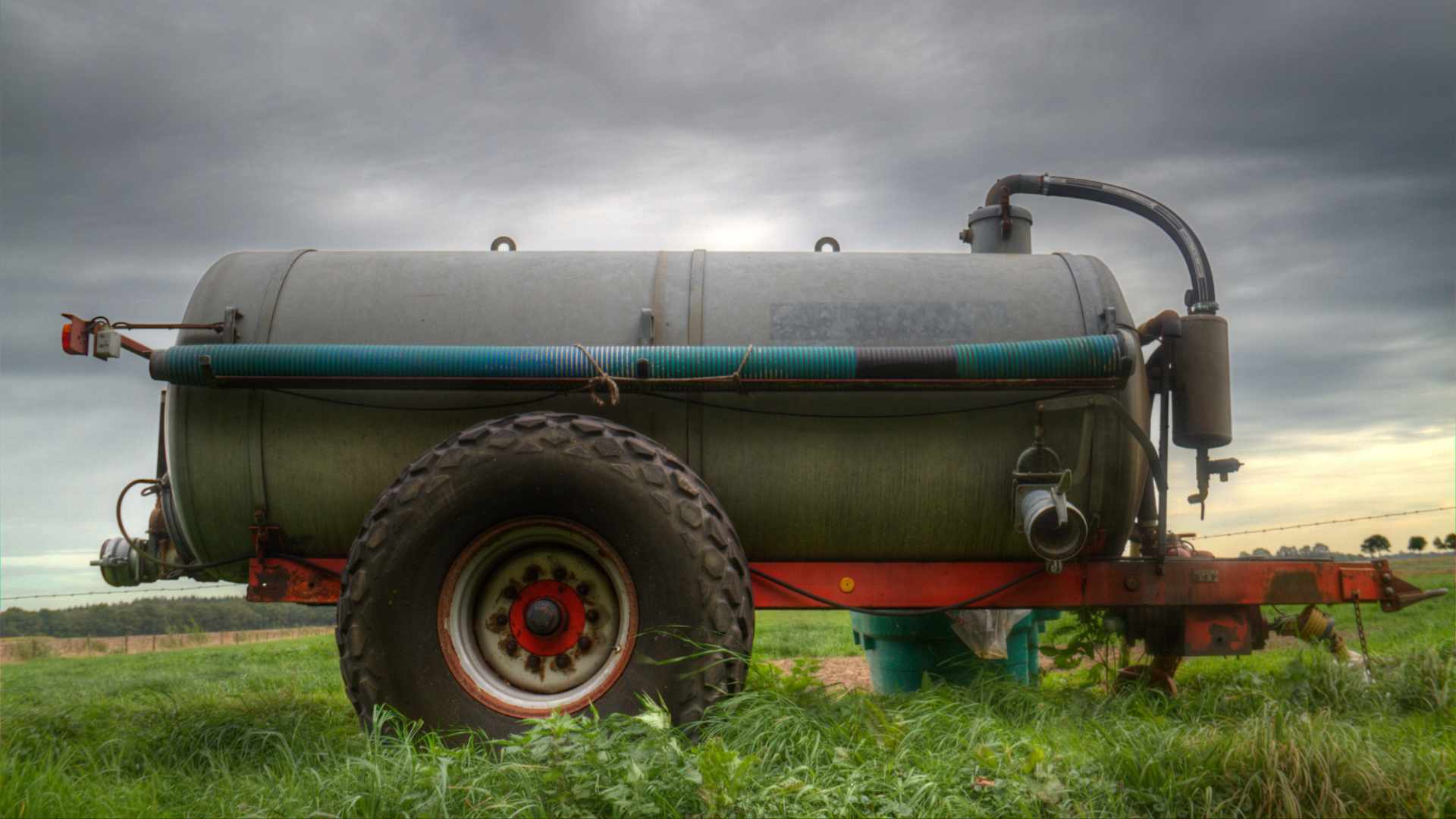
87% Corn Collapse Feared in Nuclear Winter Scenario

A nuclear winter – the severe and prolonged global cooling predicted to follow a large-scale nuclear war – could decimate global food production and lead to widespread famine, according to new research led by a team at Penn State University.
The study, recently published in Environmental Research Letters, examined how corn – the world’s most widely grown grain – would fare under various nuclear war scenarios. Using advanced agroecosystem modelling, the team simulated the impact of sunlight-blocking soot from firestorms, increased ultraviolet radiation, and colder global temperatures on crop yields.
Depending on the scale of the conflict, annual corn production could decline by between 7% and 80%, the researchers found. The worst-case scenario, involving a large-scale nuclear war that injects 165 million tonnes of soot into the atmosphere, could result in an 87% reduction in corn yields when additional ultraviolet radiation damage is factored in.
Even a limited, regional nuclear war, producing an estimated 5.5 million tonnes of soot, could trigger a 7% global decline in corn yields – a drop the researchers warn would still have serious consequences for food security and global markets.
The Penn State-led team used a high-resolution simulation model known as Cycles, developed at the university’s College of Agricultural Sciences, to run the scenarios. They simulated corn production across more than 38,000 locations worldwide under six levels of soot injection. The model tracks carbon and nitrogen movement within the soil-plant-atmosphere system and is capable of simulating years of crop growth under altered climate conditions.
The researchers also studied how a nuclear war would damage the planet’s ozone layer. The atmospheric nitrogen oxides and soot produced by nuclear explosions would rapidly destroy stratospheric ozone, allowing much higher levels of UV-B radiation to reach the Earth’s surface. This radiation can harm plant DNA, reduce photosynthesis and further lower crop yields, they warned.
Lead author Dr Yuning Shi, of Penn State’s Department of Plant Science, said the collapse in corn production is likely to mirror the broader fate of agriculture in the event of nuclear winter. He stressed that while the findings are sobering, proactive preparation could soften the blow. By switching to faster-growing, cold-tolerant crop varieties, global production could be boosted by up to 10% under such harsh conditions.
However, seed availability would be a major hurdle, prompting the team to propose the development of “agricultural resilience kits”. These would contain climate-adapted seed varieties tailored to different regions and could help maintain food supplies during the years of instability following a catastrophic event.
The concept could also be applied to other natural disasters, such as large volcanic eruptions, which can produce similar atmospheric effects. Co-author Professor Armen Kemanian described resilience as “the essence” of surviving such global-scale shocks.
Shi acknowledged that coordinated international efforts to prepare for nuclear winter are unlikely. But he argued that increasing awareness is an important first step. “If we want to survive, we must be prepared, even for unthinkable consequences,” he said.
Other researchers involved in the study included experts from the National Center for Atmospheric Research in Colorado and the University of Southern California’s Information Sciences Institute. The research was funded by a combination of public and philanthropic sources, including Open Philanthropy, the US National Science Foundation, and the Future of Life Institute.
Share this WeathÉire story:







